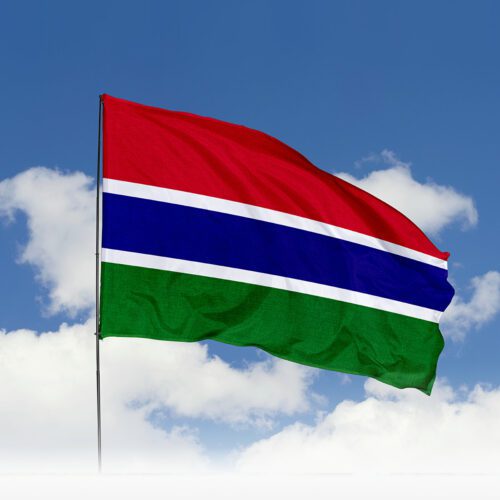History of Gambia Independence Day
Independence day is an annual celebration that marks the start of the Gambian self-governance and absolute sovereignty from Britain in 1965. Located on the west coast of Africa, Gambia is the smallest country in mainland Africa. It has a strong multi-cultural society of diverse ethnic groups and every Gambian can speak an average of four local languages.
The people of The Gambia are known for their resilience and other admirable qualities. Despite intense political turmoil and economic stability, the citizens work together to earn an honest day’s bread and contribute to the country’s prosperity.
The Gambia caught European attention after an accidental discovery by Prince Henry, the Navigator, in the 15th century. Swiftly, a treaty of commerce was established between Portuguese travelers and the inhabitants of Cape Vert. Trailing through River Gambia, travelers finally found the mouth of the stream and landed on The Gambia. The island upon which the ship ascended was renamed St Andrew’s Island. Since then, the land continued to shuffle between various settlers. From French to English, many laid sieges and extracted resources, gold in particular, from the island. In 1889, the British sieged total control of the land and ruled for more than 60 years.
Independent politics blossomed across the country, and the push for self-governance gained national recognition in 1901. Soon after, The Gambia received its first legislative council and military unit. The council empowered the youth of the country and models for local leadership were introduced in The Gambia. Four years after the first federal elections, an agreement of freedom was signed between the newly formed Gambian government and the British on December 17, 1964. The Gambia Independence Act of 1964 was enacted in 1965, granting full independence to The Gambia.
Source link : https://nationaltoday.com/gambia-independence-day/
Author :
Publish date : 2022-03-31 13:09:02
Copyright for syndicated content belongs to the linked Source.






